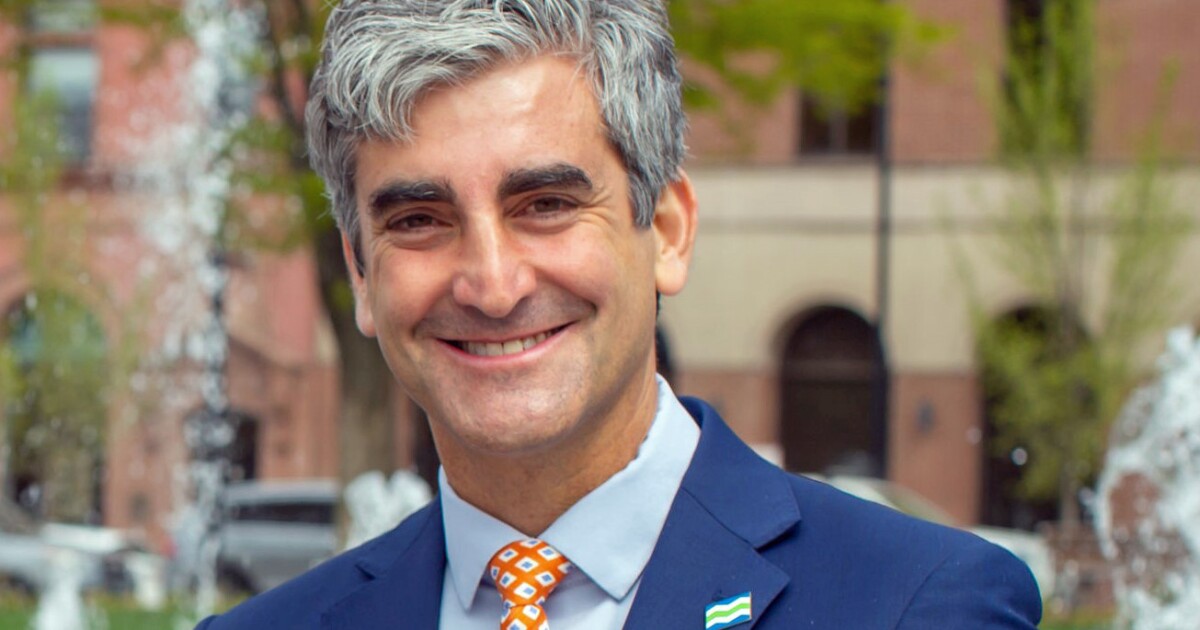Premium bond sale stirs controversy in Vermont
4 min read

The use of premium bonds has ignited a dispute between Vermont’s most populous city and the state auditor.
The state auditor found that the city of Burlington issued more debt than it was approved for under the state’s tax increment financing law and made more than a million dollars of accounting errors.
The city’s Downtown Tax Increment Financing district, by selling premium bonds, issued $4.6 million more in debt than it was approved for, according to an
The city sold
Melloni argued in his response to the auditor that interest rates changed very rapidly around the time of the 2022 issuance and if Burlington had waited for VEPC approval, it would have ended up paying higher interest rates.
“PFM, the City’s municipal advisor, reported that in the case of the Series 2022 TIF Bonds, the interest rate scales, coupons, reoffering yields and underwriting compensation received for the Series 2022 TIF bonds are fair and favorable to the City. PFM stated that the final all-in true interest cost of 2.9262% for the Series 2022B Bonds was favorable to the City in light of prevailing market conditions.”
The VEPC’s response to the audit, which was included in the report, concurred with the state auditor’s recommendations. In August, in light of the audit, the VEPC passed two resolutions, one of which amended the TIF Rule “to explicitly require disclosure of bond premiums and associated increased debt services in District Finance Plans and public informational notices.”
State Auditor Doug Hoffer said that Burlington’s objections didn’t hold legal merit and the personal attacks offended him. He added that the TIF program is unnecessarily complicated and this isn’t the first time a municipality has claimed it has more control over TIF funds than it really does.
“The mayor, for his part, and his staff, throughout the audit were very upset with us, because we kept saying, ‘Where’s your authority to do this?'” Hoffer said.
“And they said ‘Well, we’re the city of Burlington, both in our charter and in state statute we have the authority to do this kind of financing,'” he said.
“We said, ‘Yes, we know that,'” Hoffer said. “‘But where’s your authority to do it under TIF?'”
In Vermont, the state auditor is an elected position. Hoffer, a Democrat, was first elected in 2012 and has been reelected every two years since.
The audit also found several accounting errors in Burlington’s use of TIF-related funds between fiscal years 2017 and 2023. Thanks to calculation errors, Burlington allocated $95,363 to the Downtown TIF fund that it should have sent to the Department of Education. It also sent $295,331 to its general fund that should have gone to the Downtown TIF fund. Burlington said it intends to pay what it owes to these funds.
The city also told VEPC in 2020 and 2021 that it would deposit a fee from Champlain College into the Downtown TIF fund, but it failed to deposit this fee. When VEPC learned about this in August, it voted to reduce the amount of tax revenues that the Downtown TIF fund can keep, from 75% to 69%.
Vermont’s attorney general declined to weigh in on whether the law allows Burlington to issue more debt than VEPC approved.
Last year, Hoffer audited Burlington’s
“It would probably be a lot easier if we just put the money in a revolving loan fund,” and let Vermont’s Economic Development Authority distribute the money to cities, Hoffer said. “I believe they could do this and save the cities a lot of money in interest costs.”
Although Burlington’s bond issuances are the point of contention, none of the outcomes will affect bondholders, Hoffer said. VEPC may agree to let Burlington repay its unauthorized bonds through TIF revenue, but if it doesn’t, Burlington will repay the debt through its general fund, even if it has to raise taxes to do so.
The bonds carry a double-barreled pledge from the TIF district and the city’s general obligation. According to the official statement, “in the event such tax increment revenues are insufficient, the Series 2022B bonds are secured by the full faith and credit of the city.”
Nicholas Lehman, Moody’s credit analyst for Burlington, said
Lehman declined to comment specifically on how the audit’s findings could affect Burlington’s credit rating, but he said it falls under the credit factor of management.
“Is it a recurring issue? Does it speak to concerns with the financial management and how the city is run on a broader level?” Lehman said. “That’s where this type of issue really falls into our analysis, a little bit more qualitative in nature to try to assess that risk or how big of an issue this is.”
Analysts will look at the audit report and third party audits to see whether the bookkeeping errors and misinterpretations of laws are indicative of a larger issue, Lehman said. Analysts also consider whether the city plans to improve accounting procedures to stay in compliance with state law.







